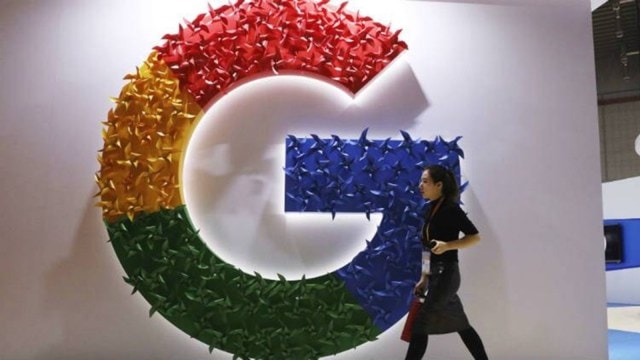Google sheds light on how it’s fighting deep fakes and AI-generated misinformation in India
Google said it will work with the Government of India to fight against deep fakes and AI-generated misinformation. It also shed some light on existing and upcoming guardrails that will help flag and remove digitally generated and modified content on the internet.
 Google granted to $1 million fund to IIT Madras last year to set a Responsible AI center. (File Photo)
Google granted to $1 million fund to IIT Madras last year to set a Responsible AI center. (File Photo) Google, one of the largest tech companies in the world, recently shed some light on how it’s fighting deep fakes and misinformation generated by AI in India. The tech giant admitted that there is “no silver bullet to combat deep fakes and AI-generated misinformation”, but it is trying combat and flag AI-generated content using a combination of machine learning and human reviewers.
In the upcoming Global Partnership on Artificial Intelligence (GPAI) Summit, Google says it will work with the Indian government to address the safety and security risks posed by ‘synthetic media’ like deep fakes and disinformation campaigns.
The company has already implemented some guardrails and safeguards to address the problem of fake images with SynthID, an embedded watermark and metadata labelling system that flags photos generated using the company’s text-to-image generator Imagen.
As for YouTube, creators will soon be required to disclose if they have used any altered or AI-generated content or used AI tools and inform users about the same by adding labels to the description panel as well as the video player. They are also working on a new ‘privacy request process’ that will enable users to take down content if it uses AI to imitate an individual’s face or voice.
The tech giant also recently updated its election advertising policies, which now require publishers to state if their ads include digitally altered or generated content with the intent to deceive, mislead or defraud users. Google Search already has some guardrails like Knowledge Panels and Featured Snippets that flags deep fakes and AI-modified content.
It is also using machine learning in conjunction with human reviewers to quickly detect and take down content that violates these guidelines, with AI helping the company to quickly increase the accuracy of its content moderation systems.
Google says it is in talks with policymakers, researchers and experts across India. In December last year, the tech giant dedicated $1 million in grants to the Indian Institute of Technology, Madras to establish a first-of-its-kind Responsible AI center to study bias in AI from an Indian point of view.







